
National Ag Week 2024: Growing a climate for tomorrow
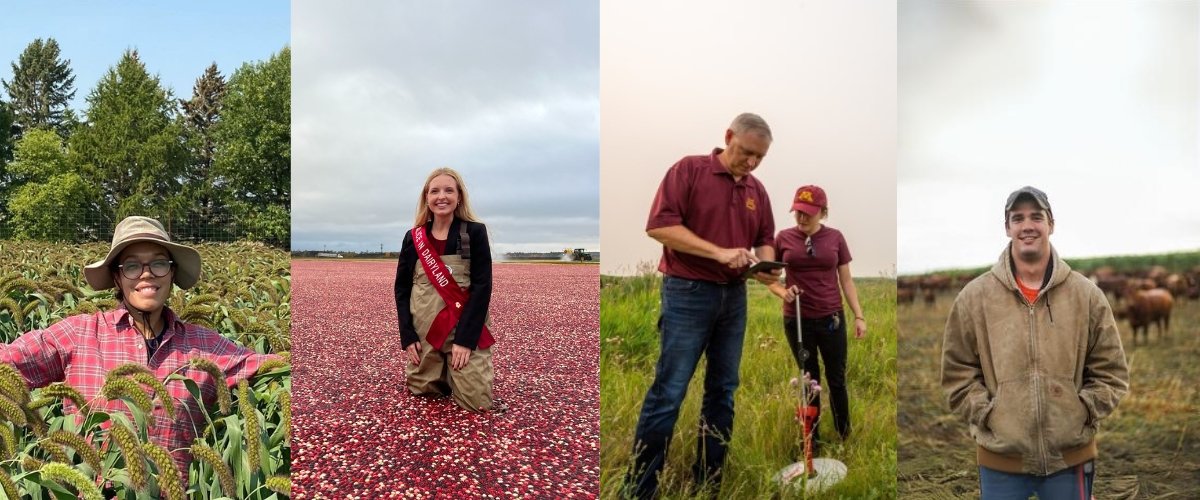
CFANS celebrates National Ag Week from March 17–24, 2024, "Growing a Climate for Tomorrow."
CFANS students, faculty and alumni work to find solutions for a changing climate and how it affects agricultural industries in Minnesota and across the globe.
"For generations, agriculture and food systems have been at the heart of Minnesota, fueling our state’s economy and providing nourishment worldwide. Today, we have the distinct opportunity to make Minnesota the global leader in advancing food and agriculture research, education and outreach," said Dean Brian Buhr.
“More and more students and individuals are finding careers in agriculture. The industry needs scientists, biologists, food safety technicians, livestock nutrition specialists, arborists and conservationists – one doesn’t have to be a farmer or have a direct on-farm job to be involved in the agriculture industry,” said Agriculture Council of America (ACA) President Jenny Pickett.
An ambassador for Midwest agriculture
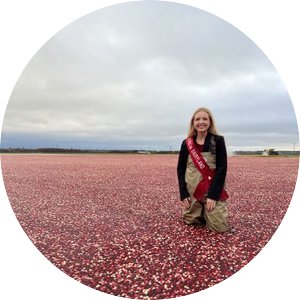
Upon graduating from CFANS, Ashley Hagenow ('23 AECM) was crowned Alice in Dairyland, a one-year appointment as the Wisconsin Department of Agriculture's official ambassador.
"I am learning so much about the diversity and abundance of Wisconsin agriculture through industry tours, attending statewide events focused on agriculture, and creating content to share with audiences about agriculture, so I truly feel like a student in this role just as much as I do an educator or a public relations professional."
"Serving as Alice is such a humbling experience because I know that I was chosen for a reason to represent Wisconsin’s $104.8 billion agriculture industry, and each day I am reminded of the importance of this position to the state of Wisconsin and the agriculture industry," said Hagenow.
"Agvocate" aims high
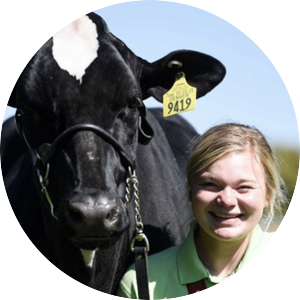
Growing up on a farm, Megan Meyer developed a strong sense of leadership, inspired by the trailblazing efforts of the farmers before her and shaped by her unique experiences. She someday hopes to continue the family legacy. She transferred from Iowa State University to the University of Minnesota and found a perfect career fit in the Agricultural Communication and Marketing major.
“Being a Meyer, it’s all about being proud of where you came from and having a lot of pride in your farm,” Meyer said. Read more about her goals for the future of agriculture.
An ag enthusiast and regenerative farmer
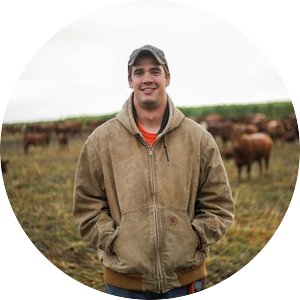
AECM alumnus and regenerative farmer Jared Luhman has hosted metro high school students for farm tours as a part of Farm Camp Minnesota, giving students insights into the process of raising beef cattle and were introduced to different soil health principles that are important on his family's farm.
"This is what we mean by regenerative agriculture. It’s agriculture done in a way that actually improves the soil and moves us closer to the way it was when nature was in control. We will never be in a world allowed to be completely managed by nature again, however, we can mimic those natural systems as much as possible," said Luhman.
Solar plus cows = green dairy
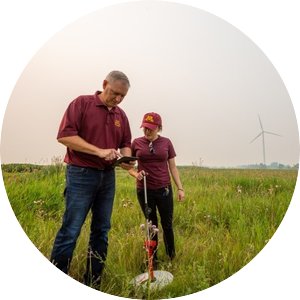
Brad Heins is an associate professor of organic-dairy management at the West Central Research and Outreach Center. He has since 2017 utilized agrivoltaics at the center’s research dairy farm to make it carbon-neutral.
"Agrivoltaics is the use of land for both agriculture and solar-photovoltaic energy generation. Solar grazing is a variation where livestock graze in and around solar panels. The system looks at agriculture and solar-energy production as complementary to one another. By allowing working lands to stay working, agrivoltaic systems could help farms diversify income. Other benefits include energy resilience and a reduced carbon footprint." Read more in Agri-View.
Advancing agriculture
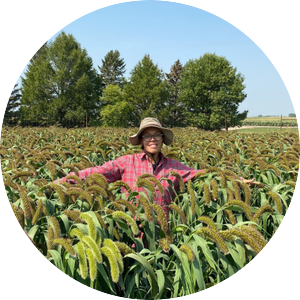
In Advancing Agriculture, members of CFANS’ Black community share their pathways in agriculture. From student researchers to faculty members and alumni, their contributions have an impact here in Minnesota and around the world.
"The ability of emerging farmers to successfully grow culturally relevant crops is critical to Minnesota agriculture," said Jessica Barbosa Oliveira, master's student in Land and Atmospheric Sciences developing nutrient recommendations for East African crops that have cultural value for immigrant farmers in Minnesota.
During National Ag Week, CFANS celebrates all of the farmers, farmworkers, ranchers, fishers, foresters and other agricultural workers who do so much to make our nation strong, fuel our economy and steward our lands.





